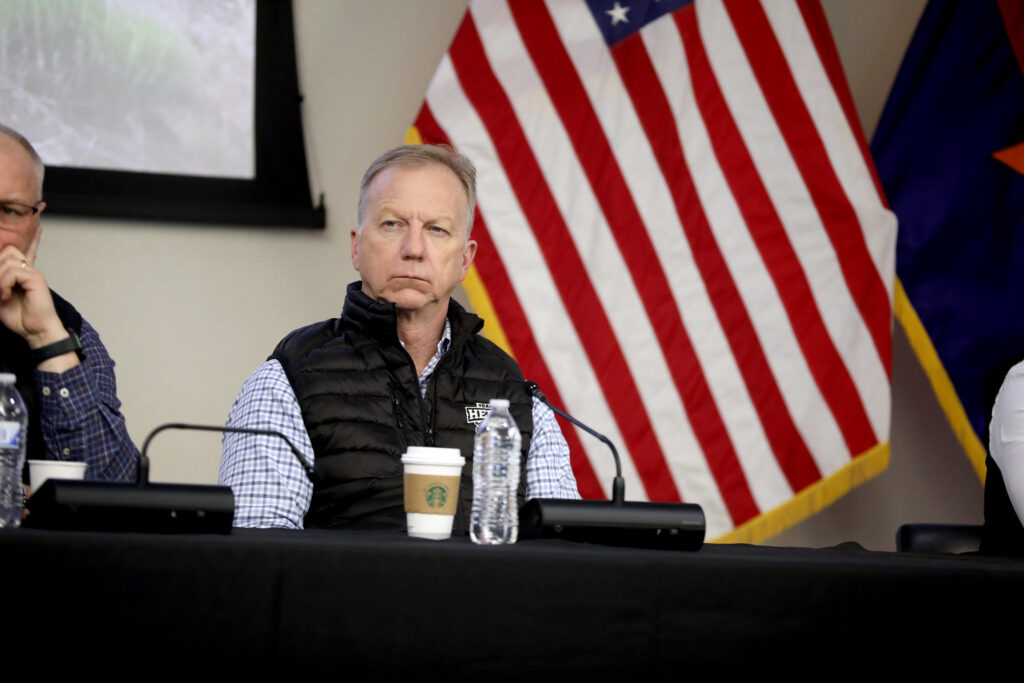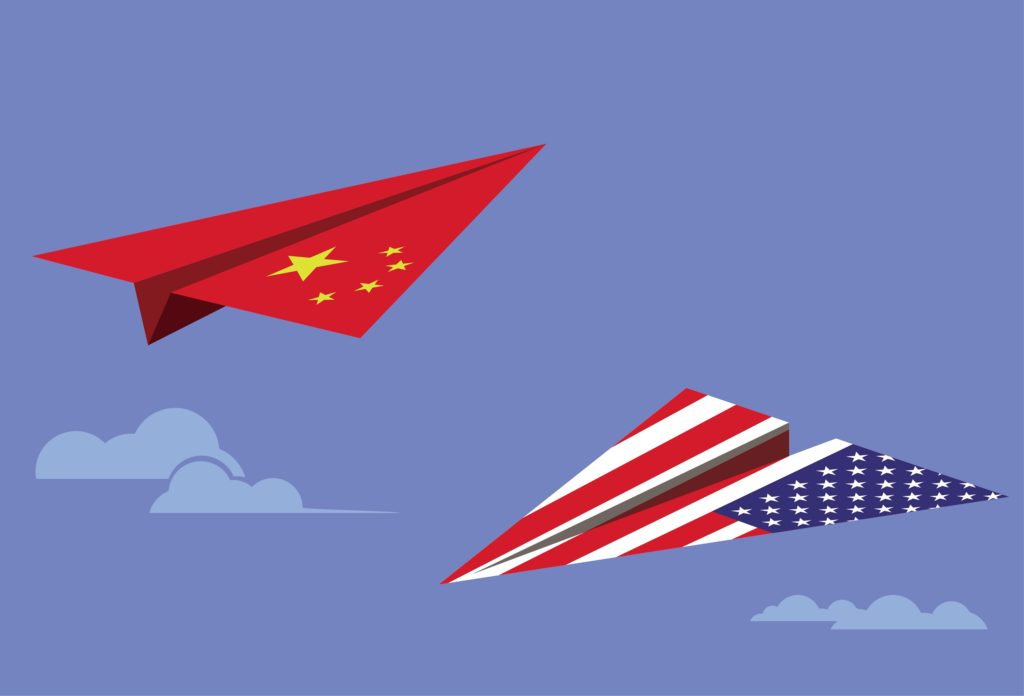On January 31, 2024, Council on Foreign Relations held an event on the topic of “The Future of U.S.-China Relations,” inviting National Security Advisor Jake Sullivan to discuss some of the most critical issues regarding the U.S.-China relations as well as the policy priorities of the Biden administration regarding this bilateral relationship.
The event is co-hosted by the 21st Century China Center at University of California, San Diego’s School of Global Policy and Strategy. Michael Froman, President of Council on Foreign Relations, made an introductory remark for the event, and the Q&A session was moderated by Stephen J. Hadley, a principal of Rice, Hadley, Gates & Mauel LLC.
Sullivan starts his speech by stating that the People’s Republic of China (PRC) is the only state with both the intent and power to reshape the international order as it continues to advance in high technology and military buildup, reduce its dependence on the world while making the world more dependent on it, and become “more repressive at home and more assertive abroad.” In the face of this situation, Sullivan pointed out that the current administration has developed a new approach in which it seeks to carefully manage the bilateral relationship while strengthening the U.S.’ competitive position and securing its interests.
Sullivan then revisits the implementation of the new approach over the past three years. In terms of strengthening the U.S.’ competitiveness, the new approach has made large-scale domestic investments in infrastructure, semiconductors, and clean energy to ensure the U.S.’ leading position in the sources of technological and economic growth. Internationally, he explains, the U.S. has strengthened its connection with its Indo-Pacific allies and partners through various means such as AUKUS, ‘the Quad’, and many other summits. It has also better connected its European and Indo-Pacific alliances. Sullivan argues that these alliances help to attract almost $200 billion of investment into the U.S., as well as help the U.S to de-risk its economy and avoid decoupling. Sullivan also mentioned the export restrictions on key technologies—especially on semiconductor-related subjects—and regulations on outbound and inbound investments, both of which are critical for the national security of the U.S. He argues that the new measurements, including investments, alliances, and regulations, are creating conditions for more effective diplomacy with the PRC.
In terms of the actual China policy, while acknowledging the competitive relationship between the U.S and China, Sullivan emphasizes that the two countries are “economically interdependent, and share interests in addressing transnational problems, and reducing the risk of conflict.” He points out that the U.S. expects the PRC to be a major player on the world stage and the two countries need to coexist alongside each other. He states that the U.S. will responsibly manage the competition and prevent conflict with China while advancing its interests and values. Last year, the U.S. launched a period of intensive diplomacy spanning the full range of U.S.-China relations, aiming to—according to Sullivan—address misperceptions, avoid major surprises, reopen defunct channels, and clarify each other’s positions and interests. Sullivan points out that these engagements allowed the U.S. to explain to China that some of its measures such as restrictions on outbound investments are not designed to undermine China, and the two countries also found areas of common interests through these meetings. In particular, Sullivan highlights the summit between Biden and Xi in Woodside, California, where the leaders agreed to restart counternarcotics cooperation, resume military-to-military communication, and start a new dialogue to manage the risk of artificial intelligence (AI). Sullivan believes that effective dialogues have already helped the two sides to manage risks. He argued that Taiwan was able to hold its election without a major cross-strait incident because intensive diplomacy reduced miscommunication.
For the future, Sullivan confirms that the U.S. will stick with the current strategy and continue to take action on human rights issues, be vigilant about the PRC’s engagement in the Russo-Ukrainian War, work with allies on PRC provocations in the South and East China Sea and Taiwan Strait, and uphold freedom of navigation. Nevertheless, the U.S. will make sure to manage the differences with China effectively and cooperate with China in the areas with common interests such as climate, health security, global macroeconomic stability, and other new challenges.
During the Q&A session, Hadley first asks Sullivan to share some information about his recent meeting with Chinese Foreign Minister Wang Yi in Thailand. Sullivan praises that they were able to set aside the talking points and really have strategic conversations after three extended rounds of discussions. In terms of the contents of the conversation, Sullivan mentions that they talked about the launch of a dialogue on AI, shared their positions on cross-strait issues, discussed current events in the Red Sea and on the Korean peninsula, and agreed that Biden and Xi should speak by telephone soon. When being asked about the recent Taiwan elections, Sullivan emphasizes that the U.S. does not take a position in the election, and the U.S.’ attitude toward the “One China” policy, the Taiwan Relations Act, the Six Assurances, and all the other relevant issues remain constant. In response to a question about thoughts regarding the Chinese economy, Sullivan says that the economy is always changing and it is important for Beijing to make the right choice. When answering the question regarding the Biden administration’s de-risking policy, Sullivan explains that de-risking has three basic elements: investing in America’s industrial and innovation capacity, diversifying supply chains, and preventing American technology from being used to undermine the security of the United States. Lastly, Sullivan does not respond to Hadley’s question on his take on China’s internal political situation.
One of the audience members asks Sullivan about how to deal with China’s increasing presence in Africa, Sullivan points out that “we cannot treat the rest of the world as proxy battlegrounds,” and the U.S. needs to offer Africa a better value proposition in the competition with China. The audience was also curious about China’s continuing support for Russia and Iran. Sullivan replies that the U.S. has sent a clear message to China about such concerns, noting that China has not been providing lethal aid to Russia. In terms of Iran, Sullivan believes that, considering the current situation in the Red Sea, China has an obligation to influence Iran so that Iran can influence the Houthis to make positive changes.




